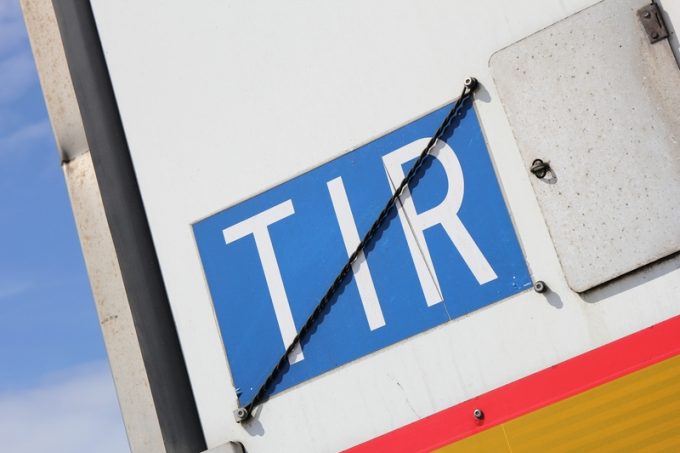EU 'frustration over what UK wants' as further trade talks loom
Supply chain operators are being warned not to get their hopes up of any imminent ...

The digitisation of the road freight industry has taken a major step forward after no UN members states raised objections to new amendments to the TIR system allowing digital documentation – known as the eTIR.
“None of the 76 contracting parties to the TIR Convention has ...


Comment on this article